
Here's why we need more effective training, practice, and advocacy regarding the social determinants of mental health.

Here's why we need more effective training, practice, and advocacy regarding the social determinants of mental health.
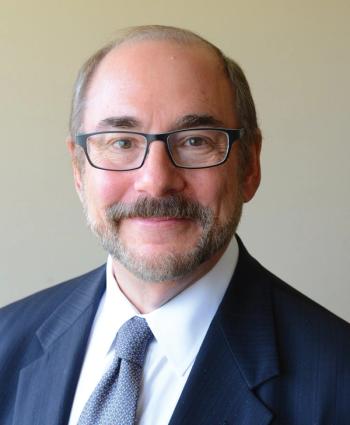
"The experience of learning to know another’s inner self is one of the most difficult, but most gratifying parts of our clinical work," writes Allan Tasman, MD.
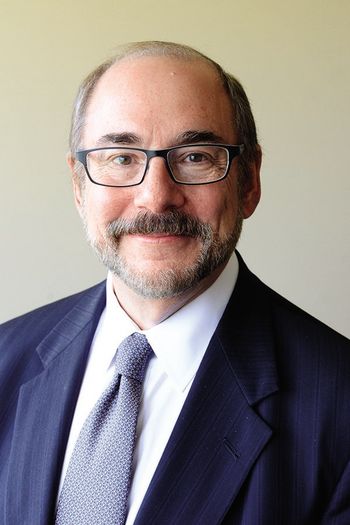
We listen carefully and use our empathic ability to both understand and provide support to our patients. This work is often at the heart of helping them become more reflective and gain the capacity to make adaptive changes in their internal realities.
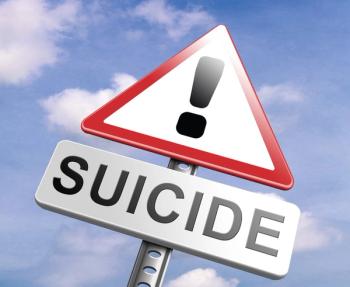
Where are the crusading editorial boards who decide that the inadequacy of mental health care is such a public health emergency that ongoing investigative journalism is needed?
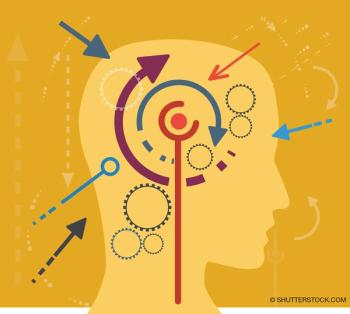
No better time than the summer to digest and reflect on the richness of our field and how we can implement advances in our own work.
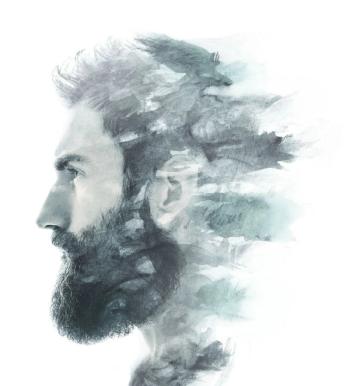
Here's a debate about a statistic the NIMH has posted on its website that, says one critic, significantly underestimates the number of adults with schizophrenia in the US and potentially affects their care. The Director of the NIMH responds.
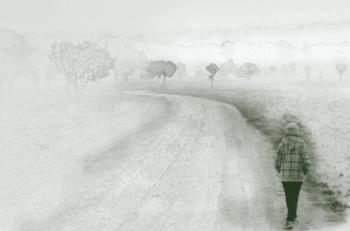
Between 2006 and 2016 the overall US suicide rate went up from 10.97 to 13.26 per 100,000 people. Those numbers may seem small, but they reflect an increase of just over 20% in these 10 years.

If nearly 300 people dying each day from overdoses and suicides isn’t sufficient to motivate insurers to take immediate action to improve access to the full range of in-network benefits, we have a real problem.
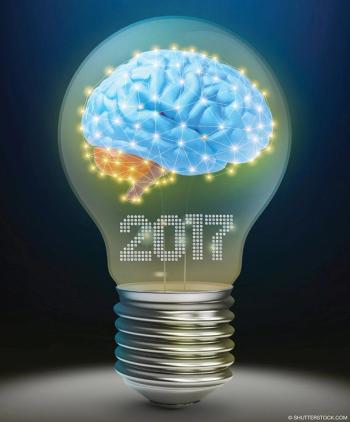
This year we asked about the best and worst things relating to our field. As always, we received a diverse group of responses.

Know about these two articles of major importance for those interested in strengthening the evidence base for psychotherapy?

I hope you'll take a little time to read The Lancet Psychiatry Commission on the Future of Psychiatry, and to reflect on how we’ll address a number of issues critically important to the future of our profession.

Like all things in our technologically advanced society, for all hard-working, empathy-challenged doctors comes a new and easy, although not painless, way to gain empathic ability...an empathy gadget?

Here's how I've managed to get my own mind off the news. What about you?
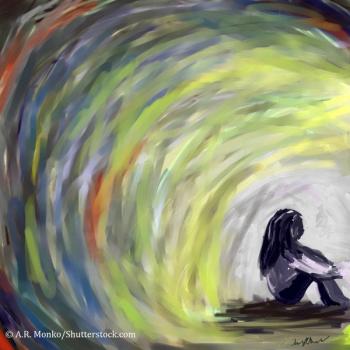
If you haven’t seen the series or heard media coverage about it, the 13 reasons are a series of 13 audiotapes made by the character, Hannah Baker, to be listened to by the 13 people she felt in some way contributed to her decision to kill herself.
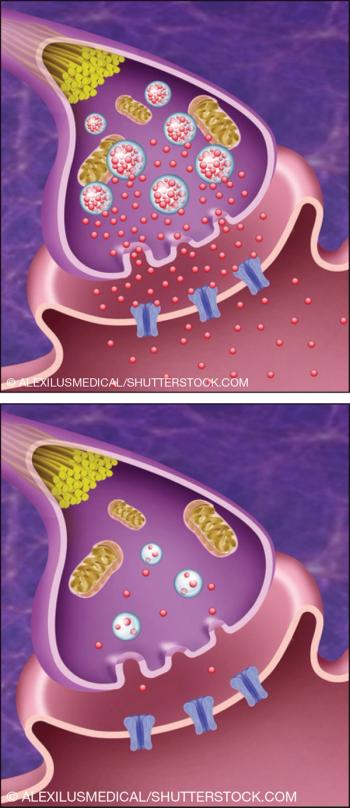
We’ve been waiting since 1953, the year chlorpromazine was introduced to the US as a revolutionary treatment for schizophrenia, for an active treatment for tardive dyskinesia that the FDA judged to be effective.

Apparently therapists can fake their own online reviews these days. So much for the ethical ethicist.
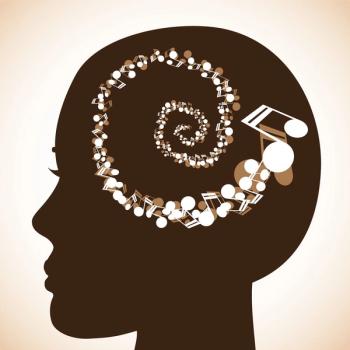
Learning to listen, understanding the importance of what we hear, and knowing we must understand before we speak or act, are among the psychiatrist’s most important skills.
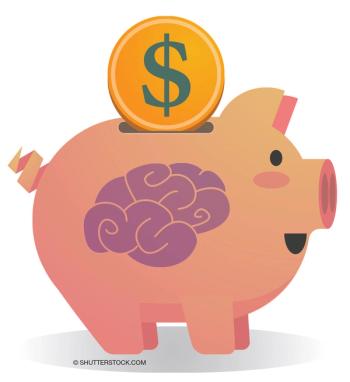
Now is the time to be vigilant and active in the advocacy efforts to fund all the terrific new opportunities the 21st Century Cures Act offers. Here are 9 aspects of the law that focus on psychiatric practice and treatment of those with serious mental illnesses.

It's not about the specifics of preliminary studies about psilocybin. It's about the validation of research using psychedelic drugs in modern psychiatry.
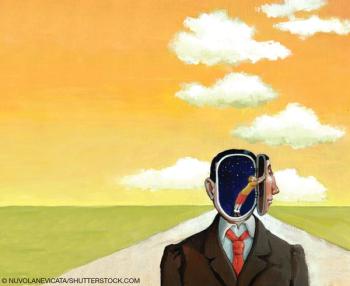
Here’s a very unscientific survey of this year’s most meaningful issues is psychiatry. Quite a year.
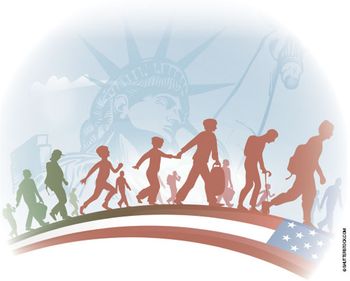
These few stories of refugees remind us what a stress to one’s sense of self the immigrant experience entails. They emphasize how important this perspective is when we are asked to evaluate and treat those recently here in the US, and sometimes those who have been here for a generation.

I hope readers look seriously at what the Presidential candidates have to say-or if they say anything at all-about addressing the current and increasing disaster in the mental health system before casting their votes.

When was the last time in the midst of a presidential campaign that psychiatric diagnostic criteria were being discussed so widely?
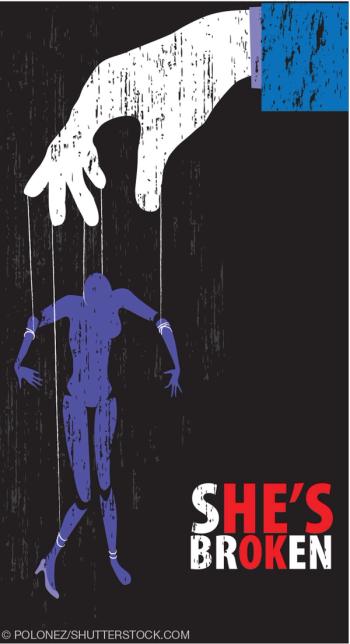
Poetic, raw, and haunting, this young woman's description of having a psychiatric illness powerfully reveals what I believe are common, but rarely articulated, thoughts and feelings.

Even though I’ve read these stories a number of times, I still have an intense emotional response to each of them. They remind me that our work is of incredible personal importance to our patients and of such emotional meaning to us too.
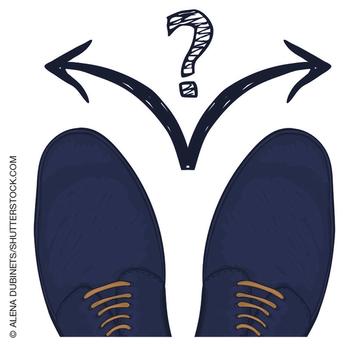
There are striking parallels between the work of the Supreme Court justices and that of psychiatrists.

Thoughts about the current state of psychiatry by Psychiatric Times' Editor in Chief.
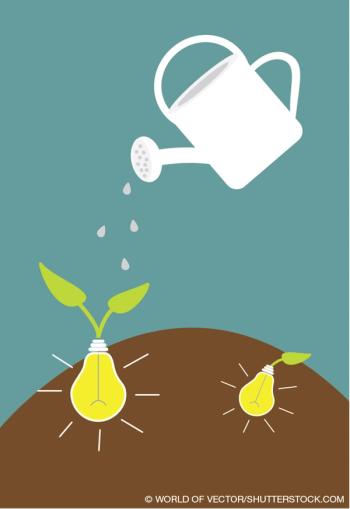
Here are a few things that make me glad I'm a psychiatrist.

The CDC and FDA have -- at last -- recognized that there might be something of a problem in the way opiates are prescribed!
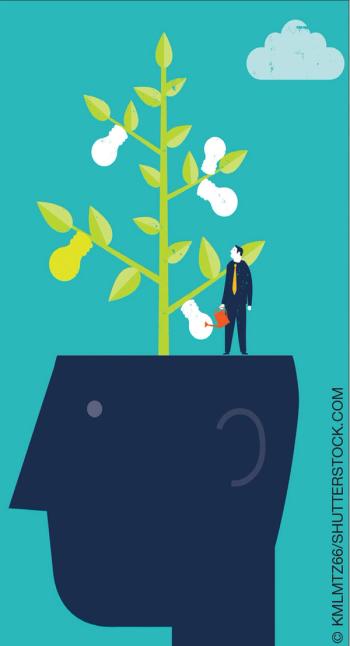
Although genetic discoveries are sprouting up like wildflowers, let's stop and smell the roses.

Published: October 15th 2014 | Updated:

Published: November 14th 2014 | Updated:

Published: December 23rd 2014 | Updated:
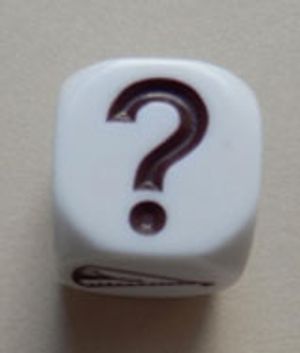
Published: February 23rd 2015 | Updated:

Published: March 18th 2015 | Updated:

Published: April 16th 2015 | Updated: